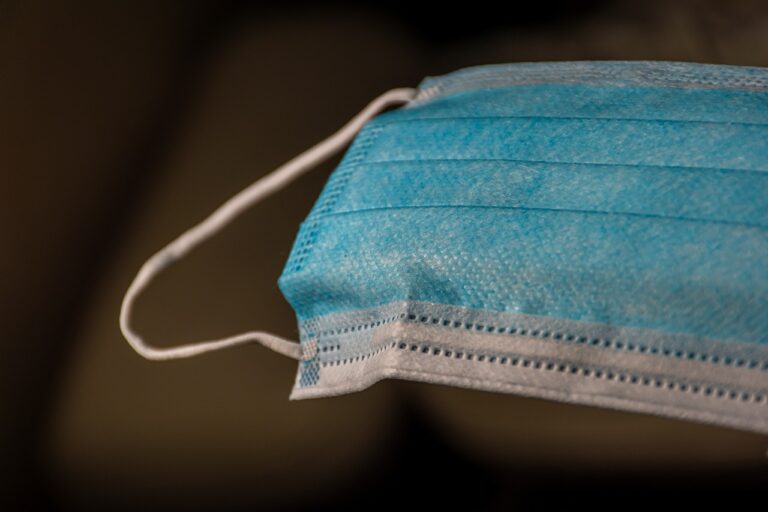The Impact of Artificial Intelligence on Radiology and Imaging
The integration of artificial intelligence (AI) in radiology has revolutionized the field of medical imaging. With AI technology, radiologists can now analyze and interpret complex images with greater accuracy and efficiency. This has significantly improved the diagnostic capabilities of healthcare practitioners, leading to more precise and timely patient care.
Furthermore, AI-powered algorithms have the potential to aid in the early detection of diseases, allowing for earlier interventions and better patient outcomes. By harnessing the power of machine learning and deep learning, radiology departments can augment their capabilities and provide enhanced services to patients. AI in radiology is not just a technological advancement; it is a game-changer that is reshaping the future of medical imaging.
The Evolution of Radiology with AI Technology
Radiology has witnessed a significant transformation with the integration of artificial intelligence (AI) technology in healthcare. AI algorithms are now capable of analyzing medical images with a high level of accuracy and speed, aiding healthcare professionals in making more informed decisions. This advancement has not only improved the efficiency of radiology departments but has also enhanced the quality of patient care by providing precise and timely diagnoses.
Furthermore, the utilization of AI technology in radiology has led to a reduction in the margin of error that can occur in manual image analysis. By leveraging machine learning algorithms, radiologists can now benefit from advanced image recognition capabilities that assist in identifying early signs of diseases and abnormalities. This has resulted in more effective treatment strategies being implemented, ultimately contributing to better patient outcomes in the field of medical imaging.
What is artificial intelligence in radiology?
Artificial intelligence in radiology refers to the use of AI technology to assist radiologists in interpreting medical images more accurately and efficiently.
How has AI technology impacted the field of radiology?
AI technology has revolutionized the field of radiology by improving diagnostic accuracy, reducing interpretation time, and enhancing patient care outcomes.
What are some common applications of AI in radiology?
Some common applications of AI in radiology include image analysis, computer-aided detection, automated reporting, and predictive analytics.
How does AI technology improve the workflow of radiologists?
AI technology can help streamline the workflow of radiologists by prioritizing urgent cases, flagging abnormalities for further review, and reducing the need for manual image analysis.
Is AI technology replacing radiologists in the field of radiology?
No, AI technology is not replacing radiologists but rather complementing their skills and expertise to enhance the quality of patient care and improve diagnostic accuracy.





